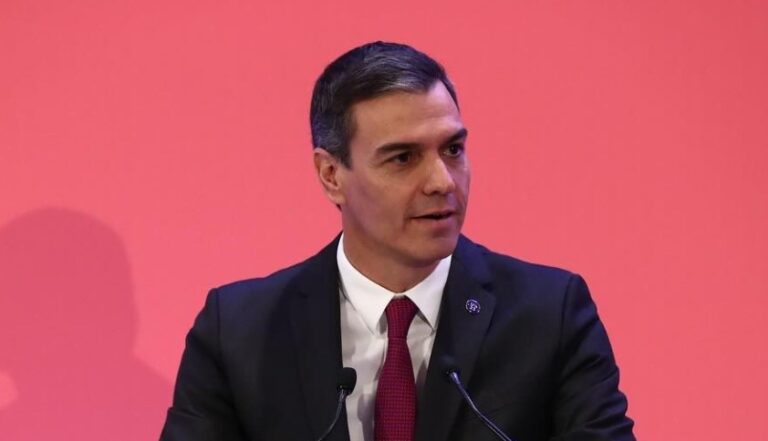“I will continue to be prime minister with more strength than before.” Pedro Sánchez has announced that he will continue to lead the government of Spain after a reflection on his continuity in the position following the scandal that engulfed his wife, Begoña Gómez.
The Spaniards had remained in suspense for five days to find out the future of the prime minister and, consequently, that of their country. The incumbent government ministers had urged Sanchez to remain in office. Over the weekend, several demonstrations were also held in support of the leader and “against the media manipulation of the right and ultra-right”.
“After five days of reflection” and “strongly supported by support from many quarters, I have decided, and I have already communicated this to the king, to continue working as president of the Spanish government” and “I will do so with firmness and serenity”, he explained the leader of the PSOE.
Table of Contents
Sanchez’s decision
“I have decided to continue with all my strength at the helm of the government of Spain,” Sanchez said. “My wife and I – he continued – know that this campaign of discredit will not stop, we have been subjected to it for 10 years and it is serious”.
The Spanish Prime Minister then expressed appreciation for “the solidarity and empathy that has arrived from everywhere”. The PSOE leader explained that he had asked himself whether he was worth “enduring the oppression” that his family has “suffered for 10 years in exchange for the presidency of the Spanish government”, stating that he had found a clear answer.
What happens in Spain
In power since 2018, the 52-year-old socialist leader had suspended all his public activities last Wednesday, after the announcement of the opening of a preliminary corruption investigation by a Madrid court (resulting, according to him, from a campaign of destabilization orchestrated by the right-wing opposition).
The Spanish prime minister remained in the Moncloa palace for days, canceled his public agenda but continued to work. The ministers closest to him, such as deputy prime minister Maria Jesus Montero, had stated in recent days that they did not know the prime minister’s decision, describing him as dejected and exhausted.
There were three most likely scenarios. The first: resignation without announcing the dissolution of the Cortes. In this case there would have been an interim executive, led by first vice-premier Maria Jesus Montero until the appointment of a new president, which would have occurred following new consultations between the parties with King Felipe VI.
The second scenario: the announcement of early elections. However, the leader would not have been able to dissolve the chambers before May 29 as according to Spanish law at least a year must pass from the previous dissolution of the Cortes. The third: this is what happened, with Sanchez remaining in office.
“I ask Spanish society to return to being an example and inspiration for a troubled and wounded world”, because “the evils that afflict us are not exclusive to Spain”, but “they form part of a global reactionary movement that aspires to impose an agenda regressive through defamation and falsehood, hatred, fear and threats,” and “which does not correspond to science and rationality,” Sanchez said.
The prime minister then thanked the Socialist Party and said that the mobilization of recent days in Spain was “decisive” for his choice.












